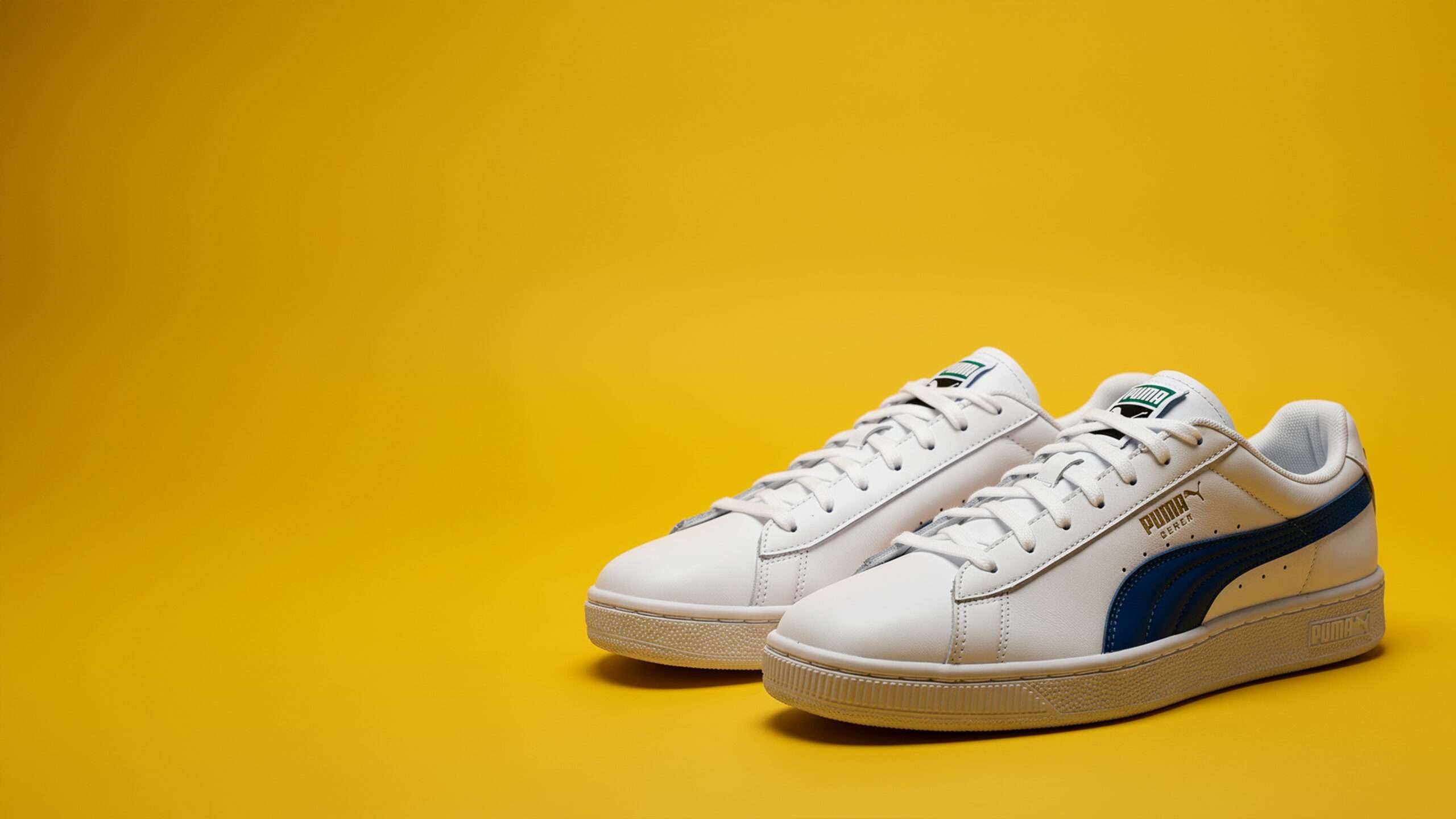
German
Mushrooms from
Holland.
German
Mushrooms from
Holland.
from
Can a supermarket advertise with “German mushrooms” if the goods in the store are actually from Poland or the Netherlands? And how long do consumer associations have to take action?
Advertising with a sense of home – and its pitfalls
Regionality sells well. Labels such as “German strawberries”, “apples from the region” or “mushrooms from German cultivation” inspire confidence, suggest freshness, short transportation routes and quality awareness. However, it is precisely this emotional charge that comes with the risk of misleading consumers. If the indications of origin in the advertising do not match the actual origin of the goods, consumers are quickly accused of being deceived – a classic case for competition law.
This was also the case that the Cologne Higher Regional Court had to decide. A supermarket belonging to the REWE Group had advertised mushrooms in a weekly brochure with the label “German”. However, when an attentive customer looked in the store, he found mushrooms from Poland and the Netherlands. He informed the consumer advice center, which then demanded an injunction. The regional court upheld the claim, but the supermarket appealed – without success.
The decision of the OLG Cologne
The Cologne Higher Regional Court confirmed with Judgment of 31.10.2025 – Ref. 6 U 34/25 the injunction essentially.
According to the judges, the advertising was objectively misleading as it suggested an origin that did not exist in reality. It was not decisive whether the incorrect delivery was due to an oversight or whether the store later corrected the error. The only decisive factor was that consumers had a false impression of the origin of the goods at the time of advertising and purchase.
The exciting side question: When does the claim expire?
From a legal perspective, the question of the statute of limitations is particularly interesting. Competition law provides for an extremely short period of only six months for injunctive relief. It begins at the time at which the claimant becomes aware of the infringement and the infringer. In the opinion of the Higher Regional Court of Cologne, this period had already expired in this case, as the consumer advice center was already aware of the complete brochure in April 2024 and therefore had all the essential circumstances to assert the claim.
But that was not the end of the case. The Cologne Higher Regional Court also based the injunctive relief on the German Act on Injunctions for Consumer Rights and Other Infringements (UKlaG). According to this regulation, qualified institutions such as consumer advice centers can also base claims for injunctive relief on consumer protection regulations that are subject to the regular three-year limitation period of the German Civil Code. The court considered the requirements for this to be fulfilled. The provisions on misleading food advertising serve to protect consumers and are therefore subject to the right of association. The consumer association was therefore able to assert the claim for injunctive relief even after the six-month UWG period had expired.
Setting the procedural course: Uniform subject matter of the dispute
The Cologne Higher Regional Court’s assessment of jurisdiction is interesting from a procedural point of view. If the application is identical and the facts are the same, the claims under competition law and UKlaG form a single subject matter of the dispute in the opinion of the Senate. This means that the association is free to choose whether to file its claim with the regional court under the UWG or with the higher regional court under the UKlaG. The chosen court must then examine both bases for the claim.
With this interpretation, the OLG Cologne expressly deviates from a decision of the Berlin Court of Appeal of 05.11.2024 -Az. 5UKl 5/24 was rejected. The Senate therefore allowed an appeal in order to ensure uniform case law. The Federal Court of Justice is therefore likely to have the final say.
Significance for practice
The ruling is a clear signal for retail companies and food suppliers. Anyone who advertises the origin of their products in brochures or online advertising must ensure that this information is correct at the time of printing and at the time of sale in the store. A subsequent incorrect delivery or a logistical misunderstanding does not protect against accusations of misleading information.
Checking the origin of goods is particularly challenging in large retail chains with centralized logistics. Nevertheless, if the label says “German”, there must not be any foreign goods on the shelf. Companies should therefore establish internal inspection processes to identify and correct deviations in origin at an early stage.
The issue of the statute of limitations also deserves attention. Even if the short UWG period of six months has elapsed, consumer associations can still file a lawsuit years later via the right of association. Companies should therefore not rely on the short limitation period in competition law.
The decision also underlines the importance of proper documentation. Photos, delivery bills, internal emails and complaint logs can be decisive in the event of a dispute.
Conclusion
Unsurprisingly, anyone who advertises “German origin” must also offer goods of corresponding origin. For companies, this means that they must ensure that the advertising and the actual offer match.
The ruling also makes it clear that companies cannot rely on the short limitation periods under the UWG in the event of infringements. The right to bring collective actions leaves the door open for lawsuits over a long period of time.
However, the opinion of the Higher Regional Court of Cologne with regard to the uniform subject matter of the dispute is not convincing, as there are different jurisdictions for the claims under the UWG and UKlaG, which would be undermined by the court’s opinion.
We are happy to
advise you about
Competition law!







